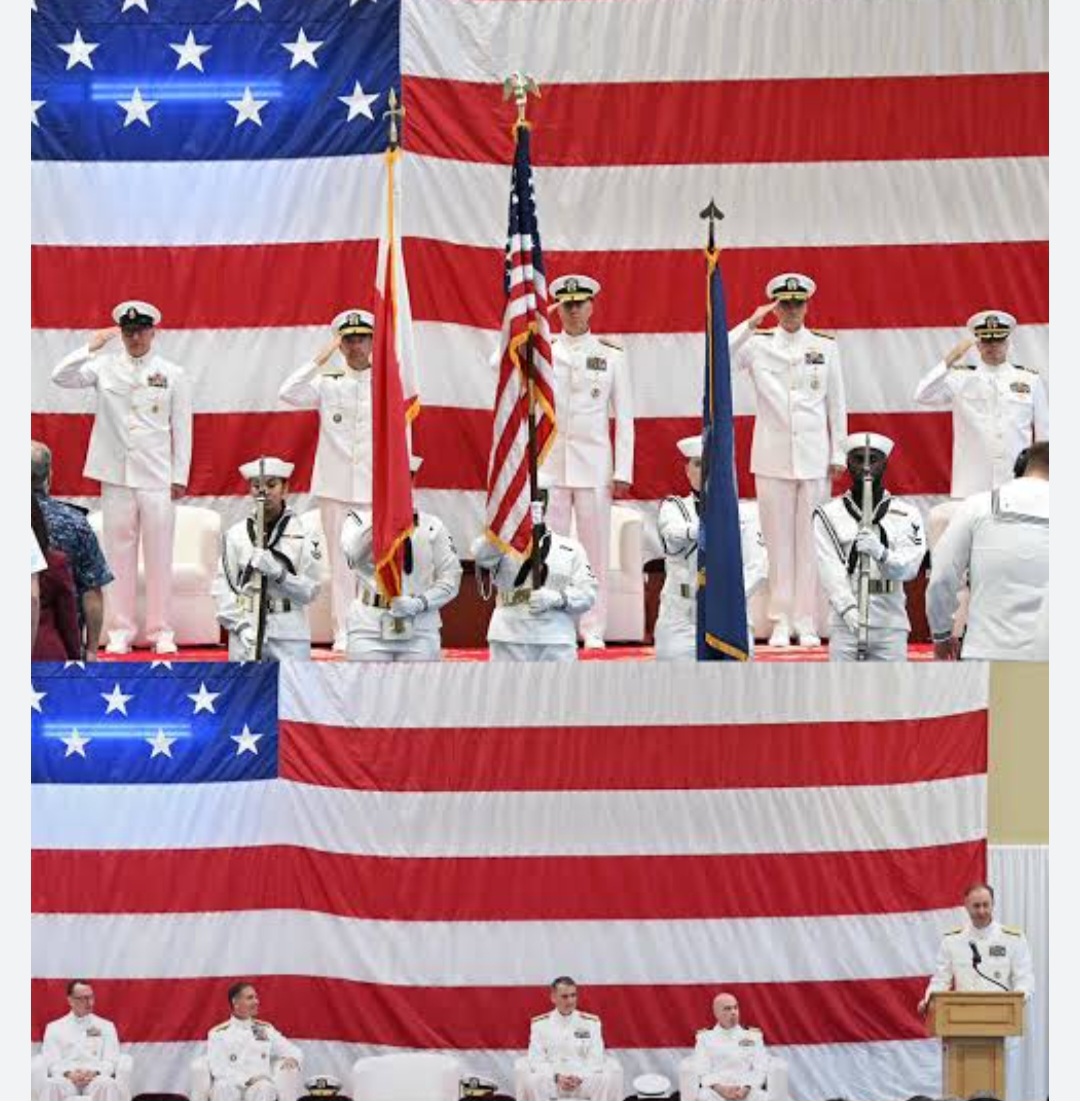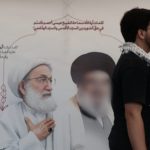Event of the Week (Friday – October 10, 2025): Bahrain in the Grip of the Military… Role Division Between London and Washington
On October 6, the Chief of Public Security, Tariq Al-Hassan, met with the UK’s Senior Defence Advisor for the Middle East, Edward Allgraine, to discuss the development of security cooperation between the two sides. The meeting came within a series of recent visits and delegations of security and military officials that have been pouring into Bahrain.
Earlier, the Commander of U.S. Naval Forces Central Command and the Fifth Fleet based in Bahrain, George Wikoff, met with the tyrant Hamad on the occasion of the end of his tenure, during which he was awarded the country’s highest official medal. Wikoff had assumed command of the fleet in February 2024, at the height of the “Support Gaza” war led by Ansar Allah in Yemen. His deputy, Kurt Renshaw—who has a long combat record in naval operations, including command of Carrier Strike Group 8 and prior service in the U.S. Pacific Fleet—is expected to take over. His appointment coincides with threats of a new aggression against Iran.
Military and security activity has occupied the top priority of the Bahraini regime. The recent intensive and wide-ranging visits exchanged with Pakistan indicate high-level preparations for conducting joint military and security activities between the two sides, especially following the signing of the joint defense agreement between Saudi Arabia and Pakistan in September 2025.
The regime is keen to consolidate its security relations equally with both the United States and the United Kingdom. Observers note that the recent visit of Interior Minister Rashid Al-Khalifa to Washington was a result of the earlier visit of the U.S. Secretary of Homeland Security, Christie Lynn Arnold Noem, to Bahrain. That visit led to Washington’s approval to take on a number of security files, including crowd and protest management and preemptive surveillance—parallel to the role played by London in engineering Bahrain’s political security system through restructuring institutions responsible for implementing penalties and controlling prisons.




























